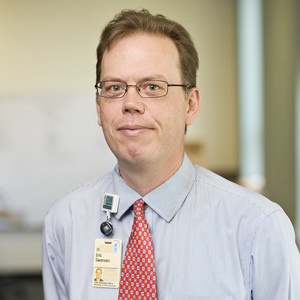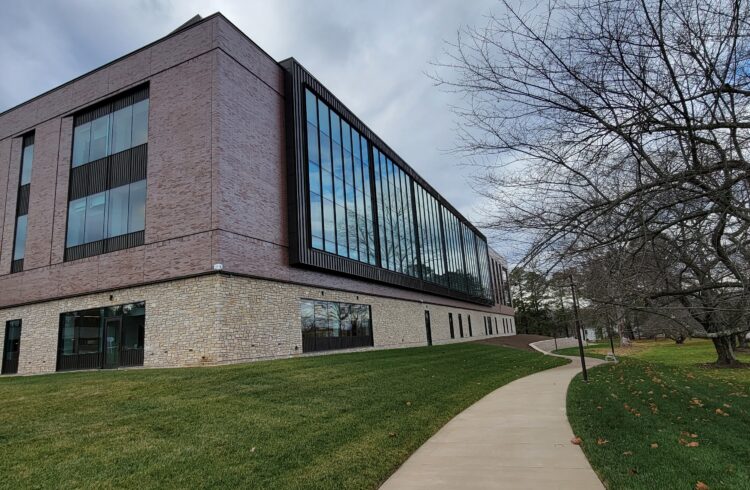
An aerial view of UVA Health, which includes the UVA School of Medicine and School of Nursing.
Backed by a new grant, UVA Health’s opioid-use disorder clinic will expand access to care by providing money to patients for social needs – such as housing, transportation or food – that limit their ability to get treatment.
UVA Health is one of 10 hospitals and health systems nationwide that will receive up to $50,000 from the Essential Hospitals Institute to create social-medicine programs as part of an effort to reduce barriers to care for opioid-use disorder. The program is expected to launch in July.
Virginians calling the free statewide opioid helpline operated by UVA’s Center for Leading-Edge Addiction Research (CLEAR) – 1.877.OPIOIDS – will be offered assistance through this new initiative, as will appropriate inpatients seen at University of Virginia Medical Center. Patients in need of assistance may also contact the clinic directly at 434.924.2241. Clinic providers hope to assist more than 500 patients through the initiative.
“Providing funds directly to support patients’ social needs is something this clinic has never been able to do before but is something that patients have identified as a significant barrier to treatment,” said Kelly Schorling, LCSW, a UVA Health social worker at the clinic.
Supported by the new social-medicine program, inpatients at UVA Medical Center may be started on U.S. Food and Drug Administration-approved medications for opioid-use disorder, linked with a social worker and connected to the appropriate care, Schorling said. Most often, she said, the patient will begin care at the UVA Health clinic before transitioning to a clinic closer to home. For patients who call the opioid helpline or the clinic from outside the Charlottesville area, clinic staff will help connect patients with treatment providers in their local communities.
The goal is to address disparities in access to care faced by people of color as well as people with lower incomes. According to the U.S. Centers for Disease Control and Prevention, overdose death rates increased 44% for Black people and 39% for American Indian and Alaska Native people between 2019 and 2020, compared with a 22% increase for white people.
“We plan to start linking patients with opioid-use disorder directly to our social medicine program and connect them to opioid-use disorder treatment resources, with an emphasis on getting them started on life-saving medication,” Schorling said.



